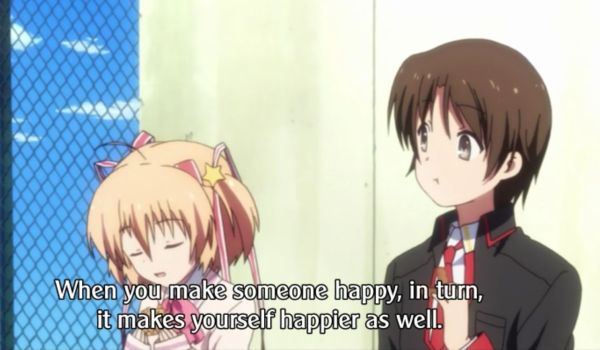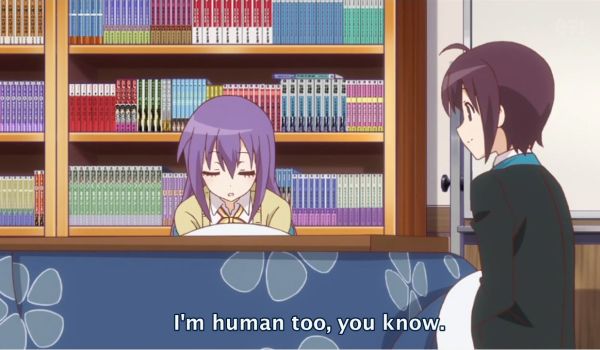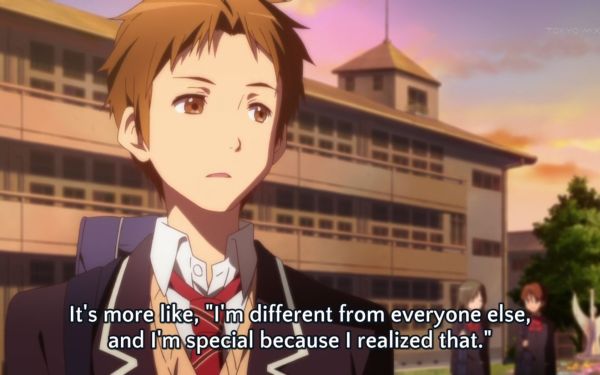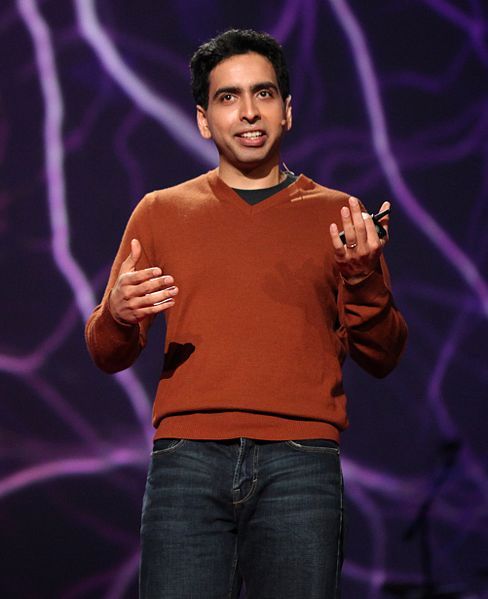
Genki girl. Not larger than life, just much more energetic. Not like me. For one thing, I am not a girl.
I couple of things came together recently. The Norwegian winter seems to have a dragged on for months now, and it came on the heels of the rainiest November I can remember (at least here on the South coast of Norway). So I haven’t really exercised my body since sometime in October. Instead of a 1 1/2 to 2 hours of walking and jogging, I am just walking briskly for about half an hour a day.
Wait, what? The other day I read an article by a Norwegian cardiologist, who said that he personally walked half an hour a day; that was a sufficient, in his opinion. I’ve seen a number of seemingly sane medical experts say approximately the same thing, some of them adding that if you can’t walk half an hour a day, you should at least try to walk a quarter of an hour.
When I try to imagine someone exercising less than a quarter of an hour a day, I automatically imagine something like the illustration photos for articles about the “obesity epidemic”, a triple-sized American whose gender is half lost in the rubber tires surrounding their vaguely humanoid body. (My visual imagination is very hazy, admittedly.) I am like “how do they do that?” because I hurry to the bus, hurry from the bus to the office, hurry up the stairs, often take a walk during lunch break, and do the same thing again on my way home, except I hurry to the bus station across downtown. Then I may or may not go get some groceries after I am home. I guess having a car can be pretty bad for your health.
But the thing is, it does not feel like I am exercising or even being active. These are all things that just happen. And it matters who I compare myself to.
***
If you have read the early years of the Chaos Node, you will notice that I occasionally wrote about my then best friend, the girl I loved approximately like myself, the amazing Supergirl (later called SuperWoman, at her request.). (She has a name, but did not feel comfortable with being online, so I don’t have her name or address or photo anywhere on the site.) What I noticed the most about her was her intelligence, because she was one of the few people I had met (at that time) outside my family that was actually more intelligent than me. This fascinated me. She was much younger than me, so I knew and understood many things she didn’t (at least back then), but in raw processing power she was high, high above me.
But intriguingly, this was not the only thing she excelled at. She was also good at sports, good with people, played a couple of instruments and could sing and dance well. It was as if everything she put her mind to, whether for the body or the mind or a combination of the two, she mastered easily. Well, it did not always seem easy to her, but by human standards it was amazing. It seemed like she came with 300% energy in a human-sized body. That is the best way I can think of it.
I came to think of this because I recently watched two episodes of an anime, Sakurasou no Pet na Kanojo (the pet girl of Cherry Hall). One of the characters there is a girl who is just way too energetic for a single human body. Her teacher refers to her as an alien, hopefully in jest, but she feels kind of lonely among all the normal people who cannot do what she can and who grow tired easily. It was hauntingly familiar.
***
It really seems to me that some people come with more energy than others, and that this energy often shows both in the body and the mind. (Of course, the two are not really separate beings that just happen to travel together for a while – they are very much intertwined or even aspects of the same being, I have compared them before to the metal and the imprint of a coin.)
I have not thought of myself as an energetic person, although I have learned things fairly easily all my life. I did not do really well in grade school and even most of middle school, as I was home sick whenever I could think of an excuse for it (so as to not be bullied) and because I was lazy and did as little school work as possible. But when something interested me, I learned it easily. But only theoretical knowledge. I was small and weak and frail, and moved as little as possible. Therefore, I could never see myself as energetic.
Ever since I started running around as a toddler, I had asthma attacks. Likely I was born that way and am still that way – the attacks may simply have stopped because it was exercise asthma and I stopped exercising. The last years before the attacks stopped (around the age of 10, I think) they mostly appeared in the morning, I woke up gasping for breath. This week I am doing that again and it really drives home how creepy it was. But I realize, looking back, that the attacks back then were probably triggered by dreams of running and jumping and all the things ordinary humans did. Only when I became very, very quiet even in my dreams did the attacks stop. And that is how I remained for the next four decades or so.
I have had my heart tested a few times during the last decade or so, last May very thoroughly by a cardiologist with modern equipment, and before that a few times with EKG machines for anything from a few minutes to hours. In each case, the result was something I had a hard time believing: That my heart was like that of an athlete. Not a world class athlete obviously but perhaps not too far off: The cardiologist said I could participate in “Birken”, the Birkebeiner race which is a national-level competition of unusual endurance. Surely the man was exaggerating, but my resting pulse was in fact squarely in the bracket of endurance athletes on a regional level. (It is higher now, but then I have a chronic infection these days.)
If not for the asthma, it seems, I might have been an athlete as well as a genius, like my brother, although perhaps not quite at the same level in either. That would take a lot.
What does this difference in people come from? Is it some kind of spiritual “life force” or does it come from differences in the metabolism? Perhaps in the mitochondria, the organelles in each human cell which is the only part of the cell that transforms fat and sugar and oxygen into energy for the cell? But the mitochondria are all inherited from one’s mother – the sperm cells leave theirs behind when they enter the ovum. If the mitochondria were to blame (or praise), you should be roughly as energetic as your mother. I am not sure that is how it works: Supergirl had the energy and smarts of two normal girls ever from she was little, but her numerous siblings were quite normal, as was her mother from what I could see and hear.
I don’t have all the answers, although I like to play someone who has all the answers on the Internet. Perhaps I will learn the answer if I live long enough. For now, I wish my supposed energy could be used to get rid of this infection of the sinuses and thereabout. Even with the return of daylight up north here, I can’t exercise with infection in my body. If I do, I tire quickly and the infection flares and spreads.
The Japanese word “genki” translates both as “energetic” and “healthy” or even “well” (Genki desu ka = How are you?) “Ki” is of course the Japanese word for energy and also spirit (also known from Chinese as “chi” or “qui”). I don’t feel entirely genki these days, but perhaps I am simply used to being among the 1% of energy?










